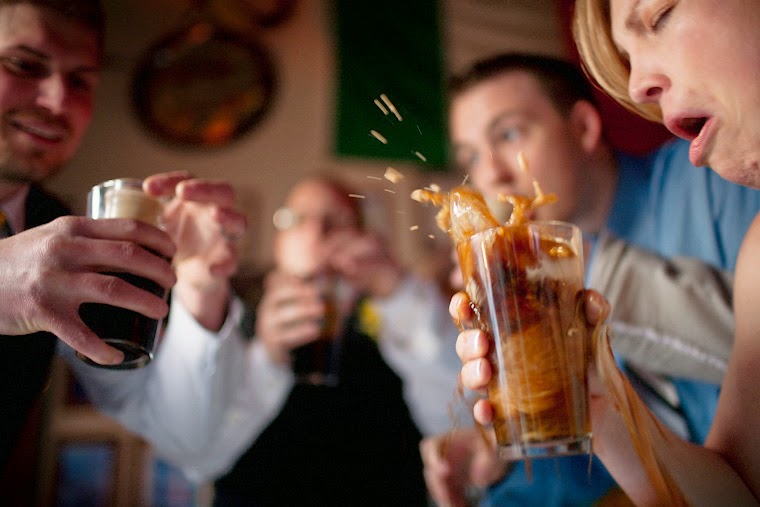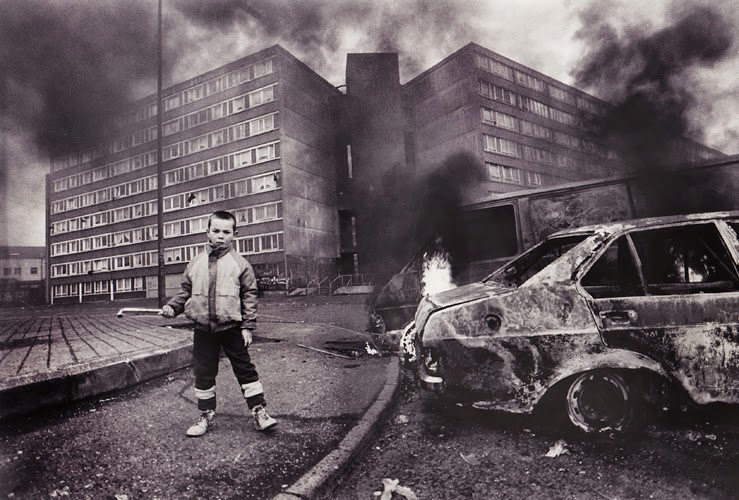Content Warning: Discusses violence against civilians and children in Ireland during The Troubles.
As St. Patrick’s Day rolls around, I notice the usual sharing of veganized Irish recipes on social media sites. As with many Western countries, traditional Irish foods tend to be heavily based on Nonhuman Animal products.1 Usually vegans at least catch a break in the alcohol department, with most popular beers and liquors being animal-free. Sadly, this is not the case for many Irish drinks like Bailey’s and Guinness.2 Even brands that are vegan in America are not vegan there. With few options, I am left drinking a lot of crappy Coors Light or expensive local brews when I visit.
I can understand the social desire to drink what everyone else is drinking, especially on popular drinking holidays like St. Patrick’s Day. One of the biggest inhibitors for vegans is that desire to fit in. There is one known Guinness variety available in America that is vegan, but good luck finding it. As for Bailey’s, the veganized recipes are drearily complicated. Then, there is the inevitable desire to combine the two to create the ubiquitous “Irish Car Bomb.”
For those who aren’t in the know, the Irish Car Bomb is a widely available American drink that is especially popular on St. Patrick’s Day. It consists of a shot of Bailey’s dumped into a pint of Guinness. The drinker must consume the drink quickly before the cream in the Bailey’s curdles the beer. Yuck.
I went vegan years before I reached the legal drinking age, so I’ve never had one. Neither do I feel as though I’m missing out. Definitely not vegan, or appealing. However, this is more than a matter of nonvegan ingredients. This drink represents an important intersection in oppression.
The thing is, Irish car bombs are a symbol of national tragedy. For a period in the 1960s- 90s known as “The Troubles,” intense political skirmishing occurred in Northern Ireland with a clear ethnic and religious undercurrent. This was a gruesome time. Cities became dangerous places; folks were afraid to go out at night. Car bombing was commonplace. People were killed, some of them children. At times, bodies of victims were so dismembered from the explosions, their cleanup necessitated a shovel.
The Troubles are part of a centuries-long history of Irish oppression, with many millions suffering, starving, and dying. Even today, Northern Ireland has the highest rate of PTSD in the world. Meanwhile in America, vegans are more preoccupied with a good time in the bar with “cruelty-free” novelty drinks.
Veganism as a political endeavor is first and foremost about Nonhuman Animals, but it cannot end with Nonhuman Animals. Vegans must begin to recognize intersections. This will necessitate a firm rejection of any objectification or commodification of human suffering in “vegan” products and Nonhuman Animal rights campaigning. So long as the movement fails to take seriously the oppression of vulnerable humans, it will appear calloused, ignorant, and illegitimate.
The vegan movement should, by all means, encourage the creation of plant-based alternatives, but this should be coupled with a respect for the suffering of others. It will be a mistake to taint the vegan project with bigotry and ugliness. Can we call our soy-Bailey ‘n beer mix by another name perhaps? Otherwise, let’s just stick to Jameson’s.
Notes:
1. A detailed vegan sociological history of the Irish foodscape can be found here.
2. Guinness has announced that its production process will be altered in late 2016 to become vegan-friendly, while Bailey’s introduced a vegan variant in 2017.
A version of this post originally published on March 15, 2015 on the Academic Activist Vegan.

Readers can learn more about vegan intersectionality in my 2016 publication, A Rational Approach to Animal Rights. Receive research updates straight to your inbox by subscribing to my newsletter.

